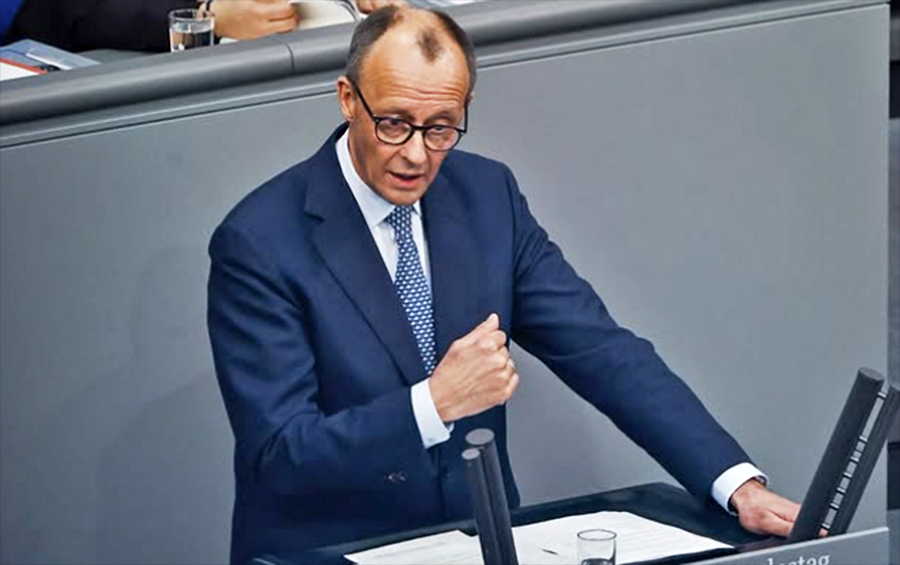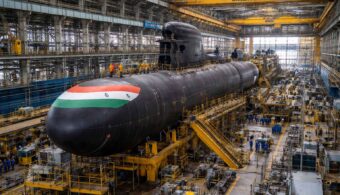In a landmark inaugural speech before the Bundestag on Wednesday, newly appointed German Chancellor Friedrich Merz laid out an assertive vision for national security and economic revitalization. Addressing lawmakers for the first time as head of government, Merz made clear that his administration will prioritize strengthening Germany’s military and restoring economic growth, marking a significant shift in both defense and fiscal policy.
Chancellor Merz Pledges Strongest Military in Europe
Chancellor Merz announced that under his leadership, Germany will undertake an ambitious expansion of the Bundeswehr, the nation’s armed forces. He stated that the federal government would ensure “all necessary financial resources” are provided to transform the Bundeswehr into the most formidable conventional military in Europe.
“This is not just necessary,” Merz told Parliament, “but expected of us by our allies, and in many cases, explicitly requested.”
In a move aimed at enabling greater defense spending, the coalition agreement between Merz’s Christian Democratic Union/Christian Social Union (CDU/CSU) and the Social Democratic Party (SPD) will allow military expenditure beyond 1% of GDP to bypass the constitutional debt brake — a fiscal restraint law. This exemption paves the way for long-term investment in military capabilities without violating budgetary rules.
Merz emphasized that a stronger military serves a deterrent purpose: “Our goal is to be so capable and united that the use of weapons never becomes necessary.”
Recession Response: Economic Reform at the Core
Turning to the economy, Merz acknowledged Germany’s current economic downturn, citing excessive red tape, high energy prices, and an overwhelming tax burden as major impediments to growth.
To confront these headwinds, the Chancellor promised a return to growth through sweeping structural reforms and new investments. “We will do everything to get Germany’s economy back on the course of growth,” he said.
Central to this plan is a newly proposed €500 billion ($560 billion) fund to support infrastructure upgrades and green energy projects. The fund reflects the coalition’s intent to modernize the country while advancing its climate goals.
Cutting Bureaucracy, Boosting Private Investment
Merz pledged to slash bureaucratic hurdles, improve digital infrastructure, and introduce corporate tax incentives aimed at restoring Germany’s global competitiveness. He also underscored the need for deeper trade ties, particularly through more European Union trade agreements.
“Germany’s security and its role on the world stage hinge on our economic strength,” he remarked. “With reforms and smart investments, we can once again become the engine of growth that the world admires.”



